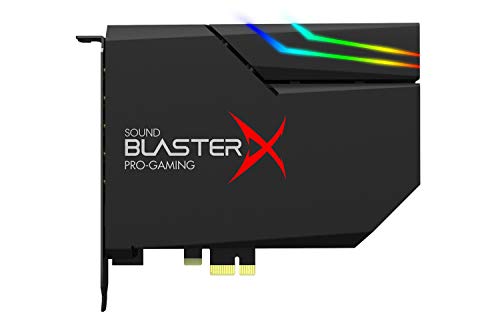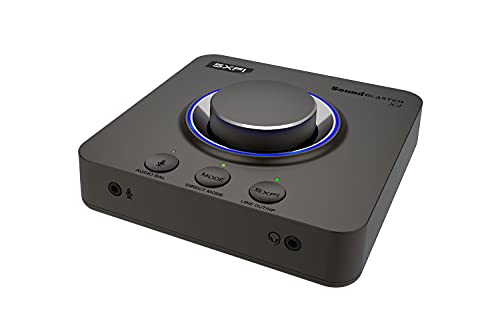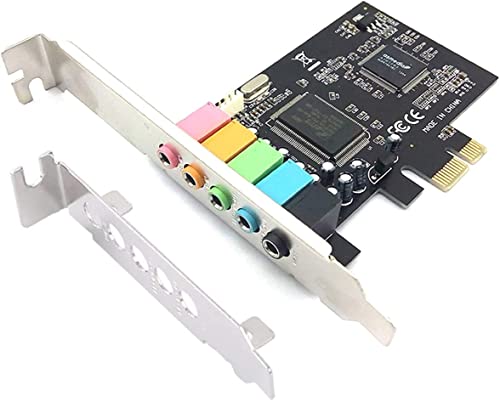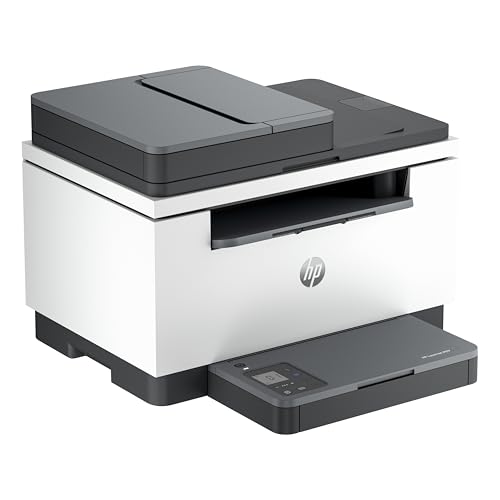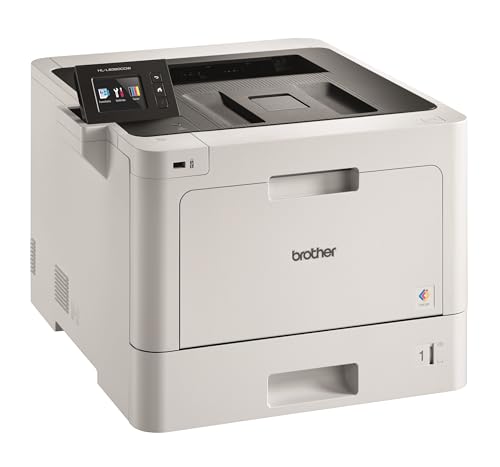Understanding Sound Cards: What They Are and How They Work
What is a Sound Card?
A sound card is a crucial component of your computer that allows it to produce sound. It converts digital audio signals into analog signals that can be understood by speakers or headphones. When we listen to music or play games on our PCs, the sound card processes the audio data and ensures that what we hear is clear and rich. Imagine it as the translator that takes the bits and bytes of music and turns them into the melodies we enjoy.
How Sound Cards Function
Sound cards work by taking audio data stored in the computer’s memory and converting it. This process involves several parts: digital-to-analog converters (DACs) transform the digital signals into analog signals, amplifiers boost these signals so they can drive speakers, and audio ports allow for connection to headphones and other audio equipment. By understanding this basic function, we can appreciate how sound cards enhance our multimedia experiences.
Types of Sound Cards: Which One Suits Your Needs?
Integrated vs. Dedicated Sound Cards
There are primarily two types of sound cards: integrated and dedicated. Integrated sound cards are built into the motherboard and are suitable for general use, such as listening to music or watching videos. However, if you’re a gamer or a music producer who values high-quality audio, a dedicated sound card is a better choice. Dedicated cards offer superior sound quality, advanced features, and usually provide multiple audio channels.
External Sound Cards
External sound cards are another option, especially for those who prefer portability or wish to enhance the audio experience of laptops. These devices connect via USB, making them easy to install and use on any compatible device. If you often move your setup or need to switch devices frequently, an external sound card can be a versatile solution.
Key Features to Consider When Buying a Sound Card
Audio Quality
When shopping for a sound card, the audio quality should be your primary concern. Look for cards that support high bitrates and sample rates, as these will ensure clearer and more dynamic sound. For instance, a card with 24-bit/192kHz audio support will provide a more detailed listening experience.
Connectivity Options
Consider the connectivity options that the sound card offers. Does it have enough outputs for your purposes? Check for standard 3.5mm jacks, optical outputs, and even HDMI options, depending on your system setup. If you plan to use multiple speakers or headphones, having various connection types can be beneficial.
Software Support
Another important feature is the software that accompanies the sound card. Many sound cards come with drivers and additional software that allow you to customise sound effects and equalisation settings. This can significantly enhance your audio experience, so ensure that the card you choose has a user-friendly software interface.
How to Install and Set Up Your New Sound Card
Installation Process
Installing a sound card is generally straightforward, especially for dedicated cards. If you’re using a desktop, you simply need to power down the computer, open the case, locate an available PCIe slot, and carefully insert the card. Once securely in place, close the case and power the computer back up.
Setting Up the Drivers
After installation, you’ll need to install drivers for your new sound card. Usually, this can be done using the provided CD or by downloading the latest drivers from the manufacturer’s website. Follow the instructions carefully, and then restart your computer to ensure that the sound card is recognised.
Enhancing Your Audio Experience: Tips and Recommendations
Optimising Sound Settings
To get the most out of your sound card, take time to adjust the audio settings on your computer. Access the sound settings and experiment with equalization to find the perfect balance for your listening preferences. Customising these settings can make a noticeable difference in your audio enjoyment.
Choosing Quality Speakers or Headphones
The type of speakers or headphones you use can significantly impact your overall audio experience. Pairing a high-quality sound card with budget speakers might not yield the best results. Invest in good-quality audio gear to truly appreciate the capabilities of your new sound card. Listening to music or gaming with a quality set can transform your experience from average to outstanding.
